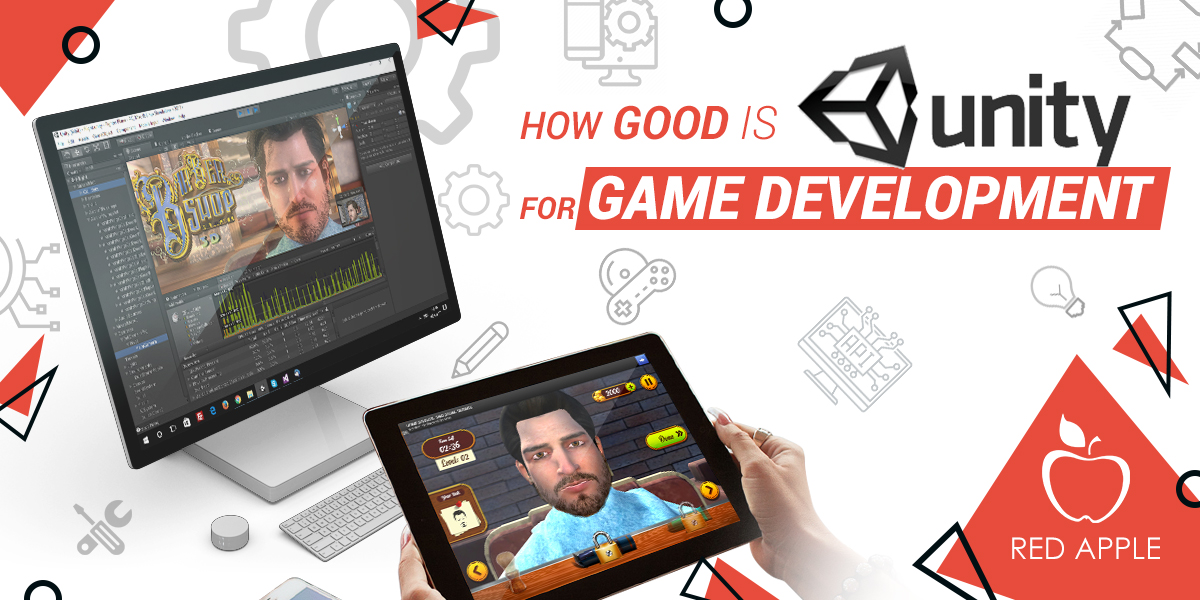


It will help you turn a rudimentary keep-up game into a madcap race through hospital hallways to rush a still-beating heart to the transplant ward, program a complete 2D game using Unity's User Interface controls, put a dramatic love story spin on a simple catch game, and turn that around into a classic space shooter with spectacular explosions and "pew" sounds! By the time you're finished, you'll have learned to develop a number of important pieces to create your own games that focus in on that small, singular piece of joy that makes games fun.
Unity 3d game development how to#
It initiates you into indie game culture by teaching you how to make your own small, simple games using Unit圓D and some gentle, easy-to-understand code. This book shows you how to build crucial game elements that you can reuse and re-skin in many different games, using the phenomenal (and free!) Unity 3D game engine. With this understanding of Unity 3D and bite-sized bits of programming, you can make your own mark on the game industry by finishing fun, simple games. The chosen examples help you learn a wide variety of game development techniques. The complexity of the games increases gradually as we progress through the chapters. This book starts you off on the right foot, emphasizing small, simple game ideas and playable projects that you can actually finish. This is the perfect climate for new game developers to succeed by creating simple games with Unity 3D, starting today.

Some of the most popular games in recent memory – Doodle Jump, Paper Toss, and Canabalt, to name a few – have been fun, simple games that have delighted players and delivered big profits to their creators. But that ambition is often dangerous! Too often, budding indie developers and hobbyists bite off more than they can chew. Beginner game developers are wonderfully optimistic, passionate, and ambitious.


 0 kommentar(er)
0 kommentar(er)
